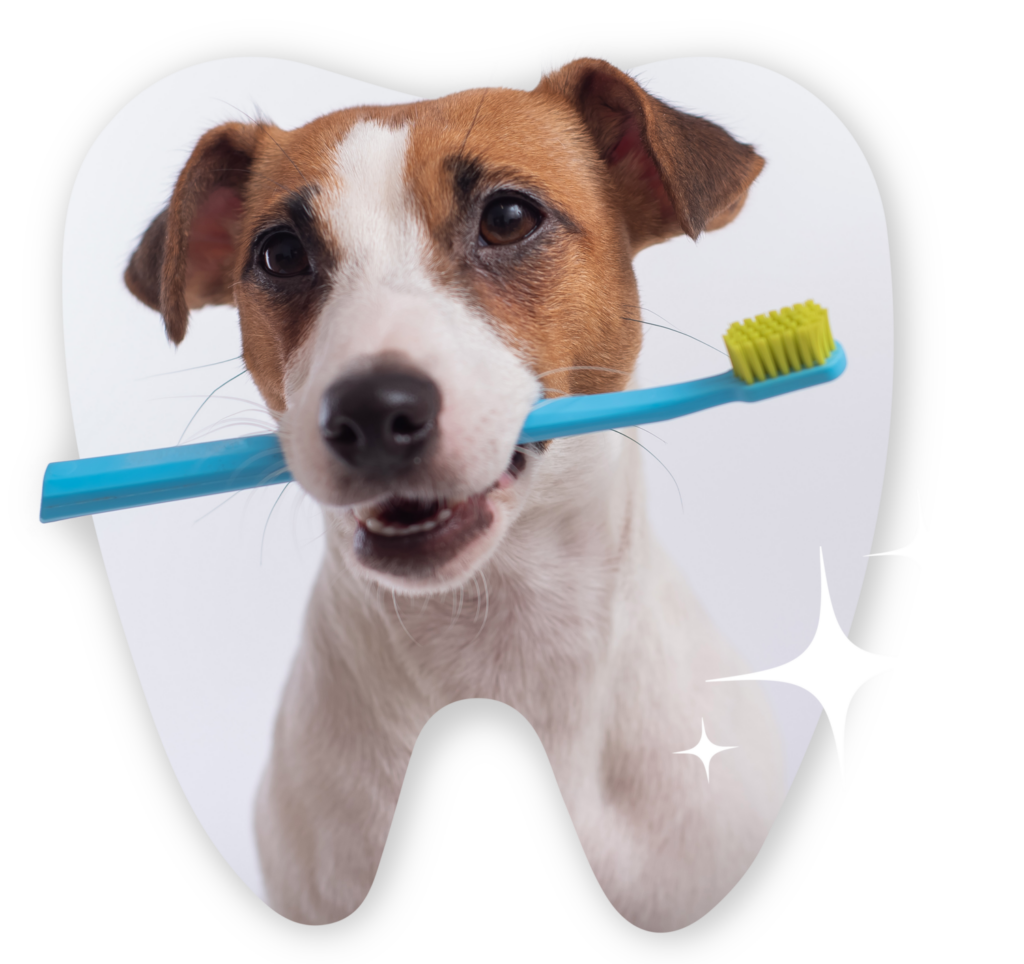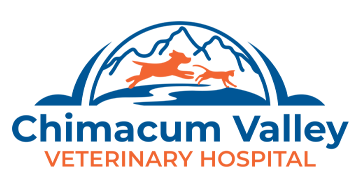Dental Days Deal
$100 off Dental Cleanings
For new and existing clients!
Call (360) 385-4488 to schedule a cleaning today!

2/12 2024 – 3/15 2024
*Not valid with any other offer. Canine and Feline only. Not redeemable for cash. May use offer on multiple pets within the same household.
At Chimacum Valley Veterinary Hospital, we recommend annual dental checkups for dogs and cats here in Port Hadlock. Seeing your pet
ONCE A YEAR
for an exam helps us keep an eye out for dental problems, such as bad breath, gingivitis, loose teeth, and bleeding gums. Dental care should be routine for your pet, because they are otherwise at risk for tartar buildup, which can lead to dental disease.
What Causes Dental Disease in Pets?
With good dental hygiene practiced at home and regular teeth cleanings at our hospital, your pet can avoid dental disease and enjoy a healthier life. Dental disease develops as a result of poor oral hygiene and the gradual accumulation of plaque and tartar on your pet’s teeth. Tartar secretes infectious bacteria into the mouth, and if it gets under the gum line, it can lead to painful inflammation and infection. The bacteria may also enter your pet’s bloodstream and cause heart, liver, or kidney disease. Preventing dental disease altogether is ideal for your pet’s health, but it is also more cost effective in the long run.
Signs Your Pet Might have Dental Disease
Dogs and cats are often reluctant to show any sign of pain or weakness. If your pet has dental disease, you may not know it without taking a closer look. Our veterinarians at Chimacum Valley Veterinary Hospital typically recommend teeth cleanings when we discover the following signs in our patients:
Bad breath
Broken, loose, or missing teeth
Brown/yellow discoloration along the gum line
Excessive drooling
Difficulty chewing (smacking lips or dropping food while eating)
Red and/or bleeding gums

Cat & Dog Dental Care FAQs
What does a dental examination include?
At Chimacum Valley Veterinary Hospital, we take a thorough and individualized approach to our patients’ dental care. To begin, we perform a comprehensive oral exam and then follow with a teeth cleaning with your pet under anesthesia.
The oral examination and teeth cleaning procedure usually includes:
- A full oral exam with your pet under anesthesia
- Diagnosis and treatment of periodontal disease
- Digital X-rays of the oral cavity and teeth
- Supra and subgingival scaling
- Tooth extractions (when necessary or indicated)
- Polishing
- Irrigation
What is dental radiology?
Dental radiology, or dental X-rays, provide our team with high-contrast images of the oral cavity and teeth so we can better detect and diagnose oral problems hidden under the gum line. Digital dental X-ray is vital to conducting a thorough oral examination and successfully treating dental disease.
Whatever problems we discover during your pet’s oral exam, we will notify you of our findings and discuss your pet’s treatment options.
Is my pet experiencing oral pain?
Dogs and cats are masters of concealing pain. The signs are not always obvious. Even if a pet does have severe dental disease, they might continue to eat as normal. Possible signs of oral discomfort in your pet include licking more often, breathing heavier, sleeping more often, and moving away when you try to touch their mouth/face.
When we perform tooth extractions to remove broken/decayed teeth, our team administers dental blocks for added pain control. We can also provide oral pain medication if necessary to maintain your pet’s comfort as they heal at home.
How do I manage my pet’s dental care at home?
Teeth cleanings should always be a part of your pet’s lifelong dental care regimen. However, routine dental care at home is also important. Brushing your pet’s teeth daily or at least a few times a week can significantly reduce plaque and tartar buildup and keep gingivitis and dental disease at bay. It can also increase the time between teeth cleaning procedures at our hospital.
At Chimacum Valley Veterinary Hospital, we recommend starting your pet on brushing when they’re young. The sooner they begin, the sooner they’ll get used to it! And along with keeping their teeth clean and healthy, brushing is a good time to bond with your pet and keep them comfortable with being handled.
If you need help getting started, your veterinarian would be happy to demonstrate the proper way to brush your pet’s teeth. We can also recommend additional dental products to include in your pet’s dental care regimen.


